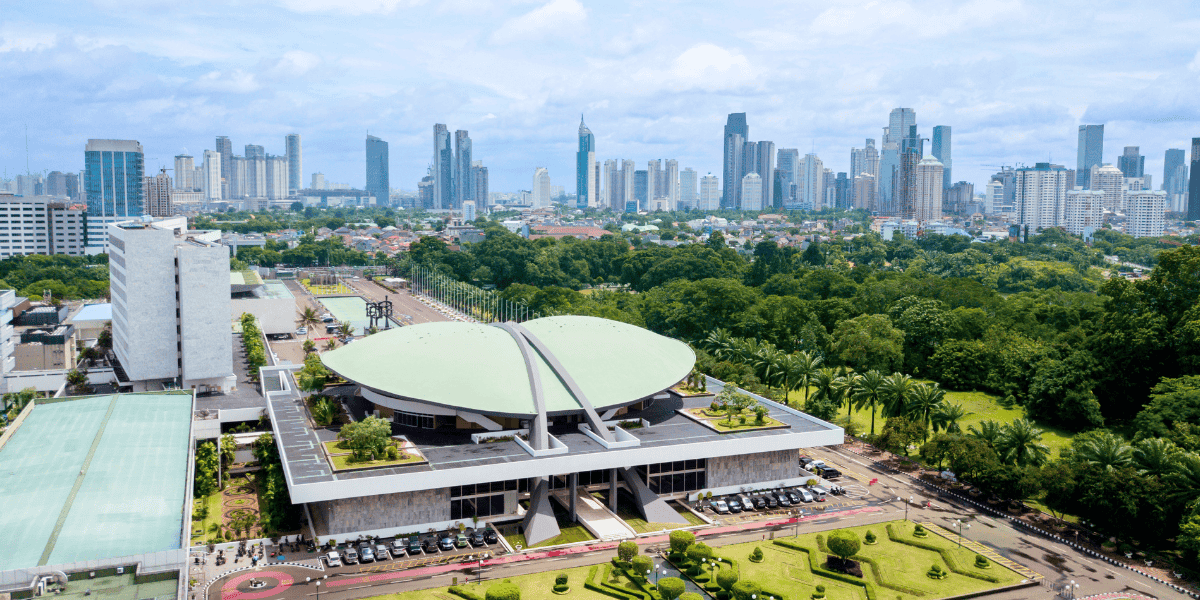On 29 December 2023, Indonesia’s Minister of Finance (MoF) released the revised transfer pricing guidelines Regulation No. 172 of 2023 (PMK-172). The updated and consolidated transfer pricing regulations in various chapters, such as:
- General provisions;
- Special relationships (related parties);
- The application of the arm’s length principle;
- Documentation of the application of the arm’s length principle (i.e., transfer pricing documentation);
- Assessment of compliance in the application of the arm’s length principle;
- Corresponding adjustments;
- Mutual agreement procedure;
- Advance pricing agreement;
- The submission of decision letter documents;
- Transitional provisions;
- Closing provisions.
The scope of related-party transactions requiring the initial and standard stages for applying the arm’s length principle has been broadened to include various transactions such as transactions require using or licensing of intangible assets, financial transactions related to loans, asset transfer transactions, cost contribution agreements, and business restructuring.
The approved transfer pricing methods are verified to include various transaction types as well as the suitability of each method of the transactions, such as:
- the comparable uncontrolled price method;
- the resale price method;
- the cost-plus method;
- the profit split method;
- the transactional net margin method;
- the comparable uncontrolled transaction method;
- the tangible asset and intangible asset valuation method;
- the business valuation method.
There have been certain amendments regarding transfer pricing documentation, such as:
- The group revenue threshold for Country-by-Country (CbC) reporting amount is now IDR 11 trillion from the year just before the reporting tax year or EUR 750 million for non-resident parent groups;
- In case of errors, the resubmission of CbC reports is allowed after notifying the Director General of Taxes (DGT);
- The DGT is empowered to request transfer pricing documentation, such as the Master files and Local files;
- The regulations concerning compliance with the arm’s length principle have been clarified and expanded.
Strengthening of ex-ante principle
The ex-ante principle was integrated into the Indonesian transfer pricing regulations in 2016. PMK-172 enforces compliance with the arm’s length principle. It specifies that applying this principle and drafting transfer pricing documentation should rely on the data and information available “at the time the related party transactions occur.”
Secondary adjustment of deemed dividend
In case of discrepancies between the taxpayer’s reported price or margin and the arm’s length price, the variance is treated as a dividend and is subject to secondary adjustments. According to PMK-172, the deemed dividend is liable to withholding tax, and the taxpayer may still benefit from a relevant tax treaty in determining the withholding tax rate.
Domestic corresponding adjustment
Domestic transactions between related parties in Indonesia fall under transfer pricing regulations. If the tax authority (DGT) adjusts transfer prices in domestic transactions without any adjustment mechanisms such as MAP, it could lead to double taxation. In cases where the DGT’s reassessment results in double taxation for a resident taxpayer, the resident counterparty can opt for a domestic corresponding adjustment.
Introduction of advance pricing agreements (APAs)
PMK-172 introduces the multilateral advance pricing agreement (APA) process within Indonesia’s APA regime, involving multiple jurisdictions in APA negotiation. Multilateral APAs offer taxpayers a strategic option to handle complex transactions and transfer pricing challenges across various jurisdictions.














